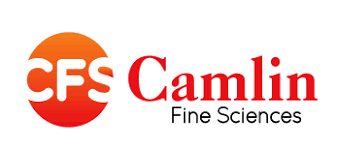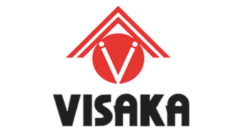A stock index is a compilation of stocks constructed in such a manor to track a particular market, sector, commodity, currency, bond, or other asset. For example, the Sensex is an index that tracks the largest 30 companies listed on the Bombay Stock Exchange.
What is in an Index?
 The stocks in and index are collected in what’s known as a basket. For example, if you wanted to invest in the Sensex, you would purchase shares of the 30 stocks in the index basket. Similarly, in case of Nifty, you would purchase shares of the 50 stocks in the index basket. You would actually own shares of 50 different companies if invested in Sensex and shares of 30 different companies if invested in Nifty.
The stocks in and index are collected in what’s known as a basket. For example, if you wanted to invest in the Sensex, you would purchase shares of the 30 stocks in the index basket. Similarly, in case of Nifty, you would purchase shares of the 50 stocks in the index basket. You would actually own shares of 50 different companies if invested in Sensex and shares of 30 different companies if invested in Nifty.How Does an Index Work?
Indexes are designed to track a particular market or asset. For example, the Bank Index (BANK NIFTY) consists of companies that are in core banking space. The logic is that if you buy the stocks in the index, you will gain exposure to the banking sector without having to buy shares in every single banking company in India. The shares in the BANK NIFTY are representative of the banking industry as a whole.
What Does Index-Weighting Mean?
Index-weighting is how the shares in an index basket are allocated; basically how the index is designed. For example, a price-weighted index has different amounts of shares for each stock based on price. A stock worth Rs. 2000 would have 1 share, where a stock worth Rs. 500 would have 4 shares to make it equal to the Rs. 2000 stock.
Another type of weighting is based on market capitalization. The shares of each stock in a cap-weighted index are based on the market value of the outstanding shares. There are also revenue-weighted indexes, fundamentally-weighted indexes and even float-adjusted indexes.

 Home
Home Saral Gyan Freebies
Saral Gyan Freebies Saral Gyan Services
Saral Gyan Services About Us
About Us Contact Us
Contact Us



















